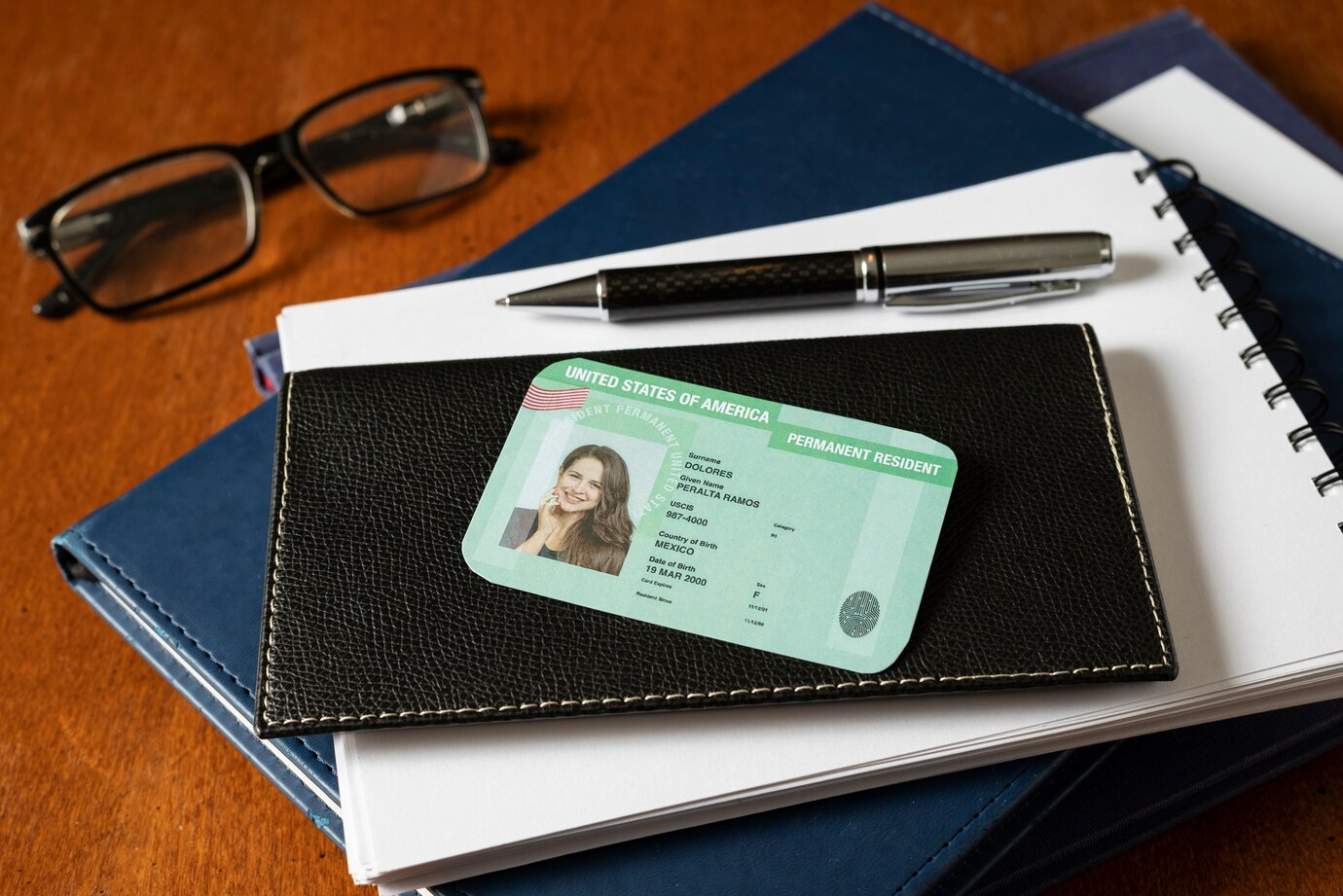In today’s fast-moving digital world, almost everything is possible—including creating fake IDs that look astonishingly real. Among the top names associated with this underground world is Idgod. Known for crafting fake identification documents that mirror real ones almost perfectly, Idgod has sparked both fascination and serious concern.
While many people might associate fake IDs with teenagers trying to sneak into clubs or buy alcohol, the issue runs much deeper. Technology has given counterfeiters new tools, and Idgod has capitalized on these innovations to stay ahead of security measures. Let’s dive deeper into the intriguing, shadowy world of Idgod and how it operates.
What is Idgod?
Idgod is a well-known name in the fake ID market. It refers to an online service (and its many clones) that manufactures counterfeit IDs, designed to closely replicate government-issued documents. They often advertise these IDs for “novelty” or “entertainment” purposes, but in reality, many users attempt to pass them off as genuine.
The Rise of Advanced Fake IDs
Gone are the days when a fake ID was just a laminated card with misspelled words. Today, outfits like Idgod use high-resolution scanners, specialized printers, and digital templates to mimic nearly every security feature found in real IDs. This includes:
Holographic overlays
Microprinting
UV-reactive ink
Barcode replication
These technical advancements have made fake IDs harder than ever to detect with the naked eye.
How Idgod Stays Ahead of the Game
Authorities continually update ID designs with new security features. However, Idgod and similar operations are quick to adapt. They study the latest versions of driver’s licenses, passports, and student IDs, developing matching techniques that replicate these updates almost immediately. It’s a high-stakes race between security experts and counterfeiters, with technology fueling both sides.
Common Features of Idgod Fake IDs
An Idgod fake ID typically includes features that are difficult for amateurs to reproduce, such as:
Realistic fonts and layouts matching the state-issued IDs
Scannable barcodes that work with basic verification scanners
Embedded holograms that reflect light just like official ones
Proper thickness and flexibility of the ID cards
UV features visible only under blacklight
The goal is clear: make the fake indistinguishable from the real at a glance.
Who Uses Idgod IDs?
While pop culture often paints fake IDs as something teenagers get for weekend fun, the reality is broader. Users might include:
College students wanting access to clubs and bars
Underage buyers looking to purchase alcohol or cigarettes
Individuals trying to start a new identity for various personal reasons
However, using a fake ID for anything beyond novelty purposes can carry serious legal risks.
Legal Risks of Using Fake IDs
Possessing or using a fake ID is illegal in most jurisdictions, regardless of how real it looks. Penalties can include:
Heavy fines
Loss of driving privileges
Permanent criminal record
Possible jail time
Even if you manage to avoid immediate trouble, a criminal record can affect future job opportunities, visa applications, and more.
How Authorities Detect Fake IDs
Despite their impressive quality, fake IDs often give themselves away under closer inspection. Law enforcement officers and trained staff use various methods, such as:
Scanning the barcode and checking against databases
Using UV lights to check for missing features
Examining microprint under magnification
Feeling the texture for discrepancies
Subtle differences—such as a slightly off color tone or a misplaced hologram—can be enough to raise suspicion.
The Ethics of Producing and Using Fake IDs
While many may see fake IDs as harmless, especially for young adults, there’s a broader ethical concern. Fake IDs can:
Enable fraud, such as financial scams
Compromise public safety, particularly in high-security areas
Undermine trust in official identification systems
This makes the production and use of fake IDs a more serious matter than it may seem at first glance.
The Constant Evolution of Fake ID Technology
Idgod and similar operations are not static. They constantly evolve to stay ahead, learning from confiscated IDs and public security announcements. Every time a new feature is added to official IDs, counterfeiters work tirelessly to duplicate it.
Some of the latest innovations include:
3D printing techniques for raised text
Embedded NFC chips to simulate electronic verification
Watermark layering unseen to the naked eye
As governments make IDs smarter, counterfeiters like Idgod become smarter too.
Online Presence and Dark Web Connections
While Idgod’s operations are often hidden from the mainstream internet, they thrive on platforms like:
Dark web marketplaces
Encrypted chat apps
Hidden forums and blogs
These networks offer anonymity for both buyers and sellers, making it difficult for law enforcement to trace operations back to their source.
How Governments Fight Back
To combat counterfeiters, governments are investing in more advanced ID security features, such as:
Biometric verification (fingerprint and facial recognition)
Blockchain-based IDs that are harder to forge
Mobile ID apps tied directly to government servers
Still, as defenses strengthen, operations like Idgod remain determined to find loopholes.
Should You Ever Consider Buying a Fake ID?
The short answer? No. While it might seem like an easy fix for minor inconveniences, the risks far outweigh the benefits. Legal consequences can follow you for years, and the ethics of supporting fraudulent activities raise serious concerns.
If you truly need an ID for legitimate purposes—like accessing age-restricted venues or verifying your identity—it’s best to wait until you can get an official one.
Conclusion
The story of Idgod reveals a fascinating but concerning world where technology and crime collide. With tools that rival those used by governments, counterfeiters continue to refine their craft. While curiosity about fake IDs is natural, it’s important to recognize the serious risks and ethical implications involved.
Technology will continue to evolve, and so will both the creators of IDs and the people trying to fake them. It’s a never-ending race with real-world consequences—one where making the wrong choice can leave a lasting impact.
FAQs About Idgod
What is Idgod?
Idgod is a service known for producing highly realistic fake IDs using advanced technology.
Are Idgod IDs scannable?
Yes, most Idgod fake IDs are designed to scan and pass basic verification checks.
Is using a fake ID from Idgod illegal?
Yes, using or possessing a fake ID is illegal and can lead to fines, a criminal record, or jail time.
How do authorities detect fake IDs?
Authorities use UV lights, barcode scanners, magnifiers, and database verification to detect fakes.
Can you get caught buying from Idgod?
Buying fake IDs is risky; packages can be intercepted, and digital transactions are traceable.
Is it worth it to get a fake ID?
No, the potential legal and personal consequences far outweigh any short-term benefits.











